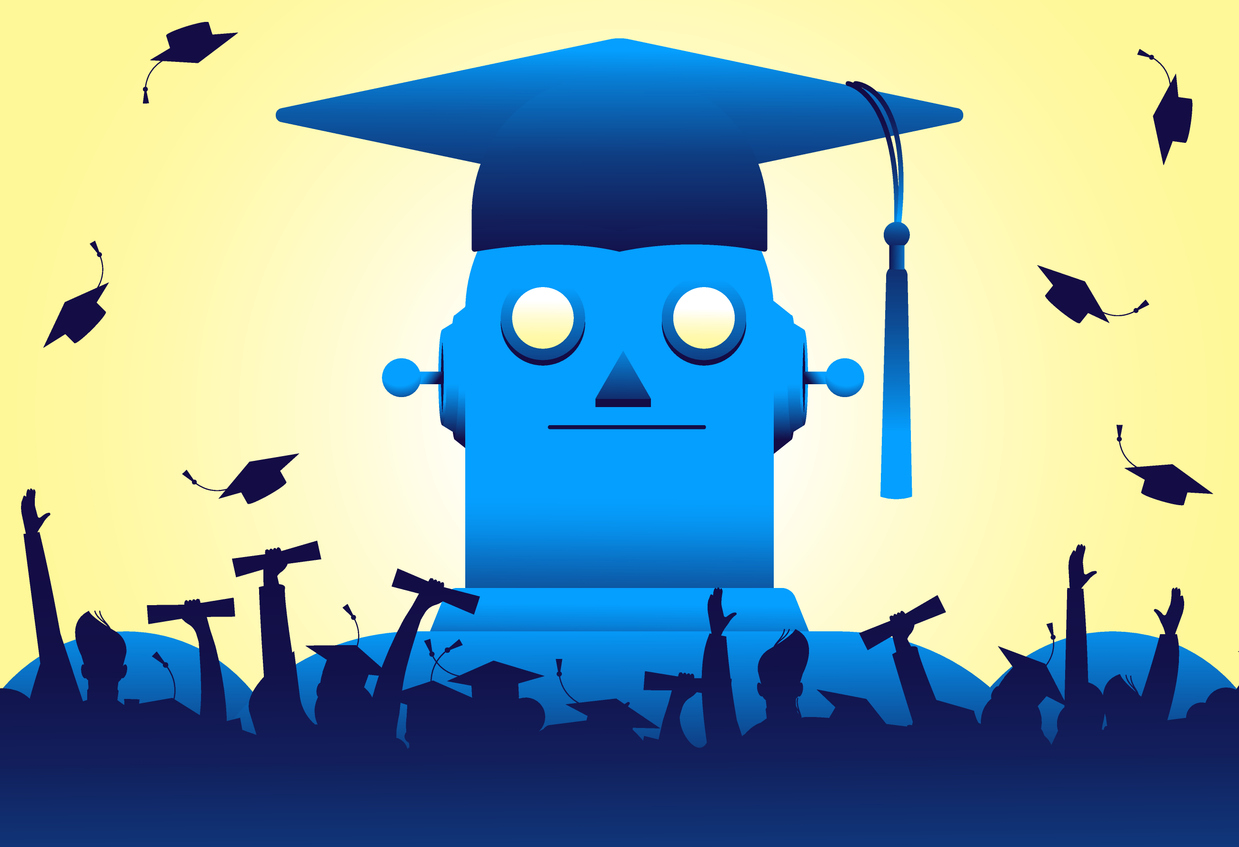
The Research Problem
Generative artificial intelligence (AI) has created new opportunities for teaching in higher education but also raised significant concerns among educators. The most immediate concern is the risk of cheating on assessments using GenAI. As AI tools like ChatGPT advance, detecting AI-generated work becomes harder, and as students master these technologies, AI-generated submissions may meet the minimum standards for many assignments, further complicating the assessment process. This rise in GenAI-driven cheating cases also poses a significant sustainability challenge since university instructors are now under pressure to continuously develop new assessments for each student cohort to counter AI misuse, a time-consuming and resource-intensive process that risks burnout and threatens academic standards, compromising the quality of higher education globally. Current research on the impact of GenAI on academic integrity remains limited, often focusing on single-institution studies or specific disciplines. Broader, multi-disciplinary investigations are needed to understand and address these challenges.
Research Design
In this project, we propose a multi-institutional study with a diverse team of collaborators from eleven countries spanning five continents. The project aims to investigate the potential threat GenAI tools pose to the sustainability of higher education assessments in two stages. In the first stage, we will conduct a comprehensive evaluation across eight countries by gathering a large sample of assessments from universities collaborating on the project. These assessments will be completed using generative AI tools, and instructors will analyze their accuracy to identify the types of assessments most vulnerable to compromise by AI-generated content. In the second stage, we will work with instructors to explore cross-cultural variations in their awareness of and responses to institutional AI policies, providing insights into how these policies shape their assessment practices.
Project Objectives
The primary objectives of this project are as follows:
- To identify vulnerabilities in current assessment practices,
- To analyze how cross-cultural differences affect university instructors’ approaches to assessment,
- To develop practical guidelines that empower university instructors to navigate GenAI’s adverse impacts, fostering more robust and fair assessment methods.
The expected outcomes of this project include providing training opportunities for instructors to design novel assessments that are more resistant to manipulation by GenAI tools. Also, the project will offer actionable recommendations for universities on the responsible and effective use of generative AI in assessment practices.
In this project, WUN enables us to bring together a distinctive collection of experts and resources, each contributing unique cultural, academic, and geographic perspectives that enhance the project’s impact. The participating WUN universities, situated in 11 countries across 5 continents, operate within distinct educational systems and cultural norms. This diversity will allow us to examine a wide range of assessment philosophies and institutional policies regarding GenAI.